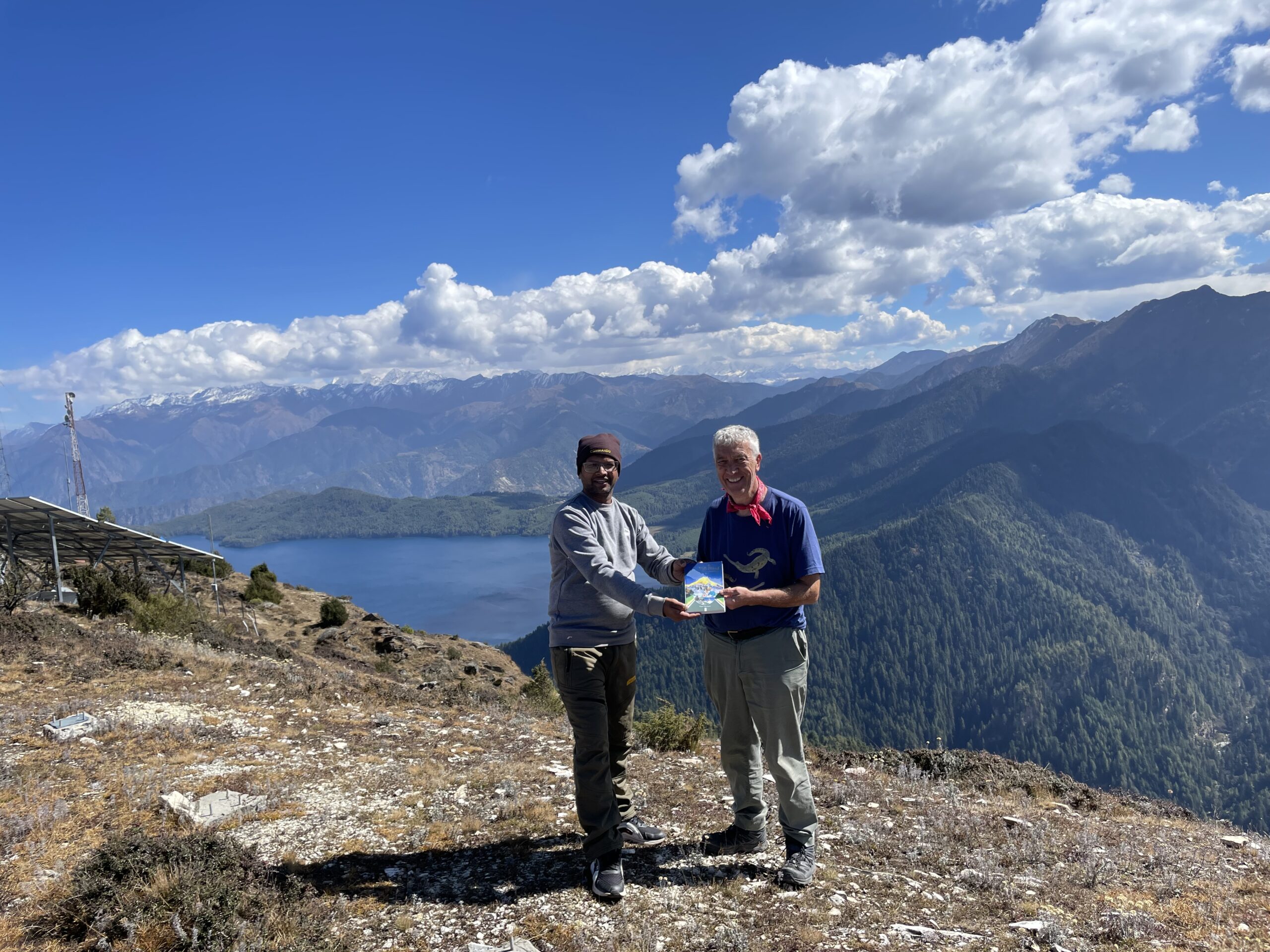Research and Volunteer in Nepal: Meaningful Travel with Robinson Crusoe Holidays: Share with your loved ones
Facebook | Twitter | Email | Viber | Messenger | WhatsApp
Nepal is not only a land of breathtaking mountains and ancient civilizations but also a living classroom for research, volunteering, and responsible travel. With its rich biodiversity, cultural diversity, and developing communities, Nepal offers meaningful opportunities for individuals, students, researchers, and professionals who wish to contribute while learning deeply from local society.
At Robinson Crusoe Holidays, we design ethical, community-based research and volunteer programs that combine learning, service, and cultural immersion. Whether your interest lies in environmental conservation, healthcare, education, cultural heritage, or language exchange, Nepal offers a transformative experience where your skills can have a real impact.
1. Environmental Conservation in Nepal
Nepal’s fragile Himalayan ecosystem requires sustainable and community-driven conservation efforts. Volunteering or researching in this sector enables participants to make a direct contribution to long-term environmental protection.
Sustainable Agriculture and Forestry
Organizations such as the Annapurna Conservation Area Project (ACAP) and the National Trust for Nature Conservation (NTNC) lead initiatives focused on sustainable land use and forest management. Volunteer and research activities may include:
-
Agroforestry Practices: Integrating trees with crops and livestock to improve soil fertility, enhance biodiversity, and reduce climate vulnerability.
-
Community Forest Management: Supporting local forest user groups in sustainable harvesting, conservation planning, and environmental education.
-
Organic and Traditional Farming: Promoting eco-friendly farming methods that preserve soil health and reduce chemical dependency.
Biodiversity Conservation
Nepal is home to rare and endangered wildlife species and globally important ecosystems.
-
Chitwan National Park: Research and conservation support for species such as the one-horned rhinoceros, Bengal tiger, and migratory birds through habitat protection and community-based conservation.
-
Bardia National Park: Focused on large mammal conservation, anti-poaching initiatives, and biodiversity monitoring.
Climate Change Initiatives
Climate change significantly affects mountain communities and ecosystems. Programs may involve:
-
Renewable Energy Projects: Promotion of solar, micro-hydropower, and alternative energy solutions.
-
Waste and Plastic Management: Community-based recycling, composting, and awareness campaigns.
-
Climate Awareness & Disaster Preparedness: Education on climate resilience, water conservation, and risk reduction.
2. Healthcare Volunteering in Nepal
Healthcare access remains limited in many rural and remote areas of Nepal. Volunteers and researchers can play a crucial role in strengthening community health services.
Medical Volunteering
In collaboration with organizations such as the Nepal Red Cross Society and local health institutions, volunteers may assist in:
-
Primary medical care and health camps
-
Health assessments and first aid services
-
Emergency and disaster-response support (depending on qualifications)
Public Health Education
Public health initiatives focus on prevention and awareness, including:
-
Hygiene and sanitation education
-
Nutrition and maternal health awareness
-
Communicable disease prevention programs
Community Health Clinics
Volunteers may support rural clinics by assisting with patient care, health screenings, record-keeping, and community outreach programs under professional supervision.
3. Education Volunteering in Nepal
Education remains one of the most impactful sectors for volunteering and research in Nepal.
Teaching English
Many rural schools lack trained English teachers. Volunteers can:
-
Improve students’ English communication skills
-
Support interactive and learner-centered teaching methods
-
Engage in cultural exchange with students and teachers
-
Assist in teacher training and curriculum support
School Infrastructure Development
In remote regions, volunteers may contribute to:
-
Construction of classrooms, libraries, and sanitation facilities
-
Maintenance and renovation of school buildings
-
Resource support, such as books, desks, and learning materials
Specialized Education Programs
Volunteers can work with NGOs supporting:
-
Children with disabilities
-
Marginalized and underprivileged communities
-
Inclusive and child-friendly education initiatives
4. Cultural Exchange & Community Homestays
True understanding of Nepal comes through living with its people. Robinson Crusoe Holidays promotes community homestay programs that allow volunteers and researchers to:
-
Live with local families
-
Participate in daily village life
-
Experience festivals, rituals, and traditional cuisine
-
Support local livelihoods and sustainable tourism
5. Heritage Preservation and Cultural Research
Nepal’s cultural heritage is a living legacy spanning thousands of years.
Heritage Preservation
Organizations such as the Kathmandu Valley Preservation Trust (KVPT) work to protect historic monuments, temples, and traditional architecture. Volunteers and researchers may assist in:
-
Documentation and mapping of heritage sites
-
Restoration and conservation support
-
Awareness and educational programs
Language Exchange Programs
Language exchange is a powerful tool for cultural connection. Programs may include:
-
Learning spoken Nepali with local communities
-
Teaching English or other languages to locals
-
Supporting intercultural communication and mutual learning
6. General Guidelines for Volunteers and Researchers
Research Local NGOs
-
Identify credible organizations aligned with your skills and academic interests
-
Communicate directly to understand project goals and expectations
Volunteer Platforms
-
Explore platforms such as Volunteer World and Workaway
-
Robinson Crusoe Holidays also offers curated and verified placements for ethical volunteering
Duration of Stay
-
Short-term (2–4 weeks) or long-term (2–6 months) options available
-
Duration depends on project requirements and your objectives
Visa and Logistics
-
Obtain the appropriate visa for volunteering or research
-
Robinson Crusoe Holidays assists with accommodation, transport, and local coordination
Cultural Sensitivity
-
Respect local customs, dress codes, and social norms
-
Learn basic Nepali phrases to build rapport and trust
7. Why Choose Robinson Crusoe Holidays?
✔ Community-based and ethical volunteering
✔ Authentic cultural immersion
✔ Experienced local coordination and support
✔ Combination of volunteering, research, travel, and trekking
✔ Responsible tourism with real social impact
At Robinson Crusoe Holidays, we believe volunteering and research should benefit both the visitor and the host community. Our programs are designed to ensure learning, respect, sustainability, and meaningful contribution.
Ready to Volunteer or Research in Nepal?
Let us help you design a purpose-driven journey that matches your skills, interests, and academic or professional goals.
Robinson Crusoe Holidays
📧 [email protected]
📧 [email protected]
📱 WhatsApp/Viber: +977 9841390387
🌐 www.robinsonholidays.com
